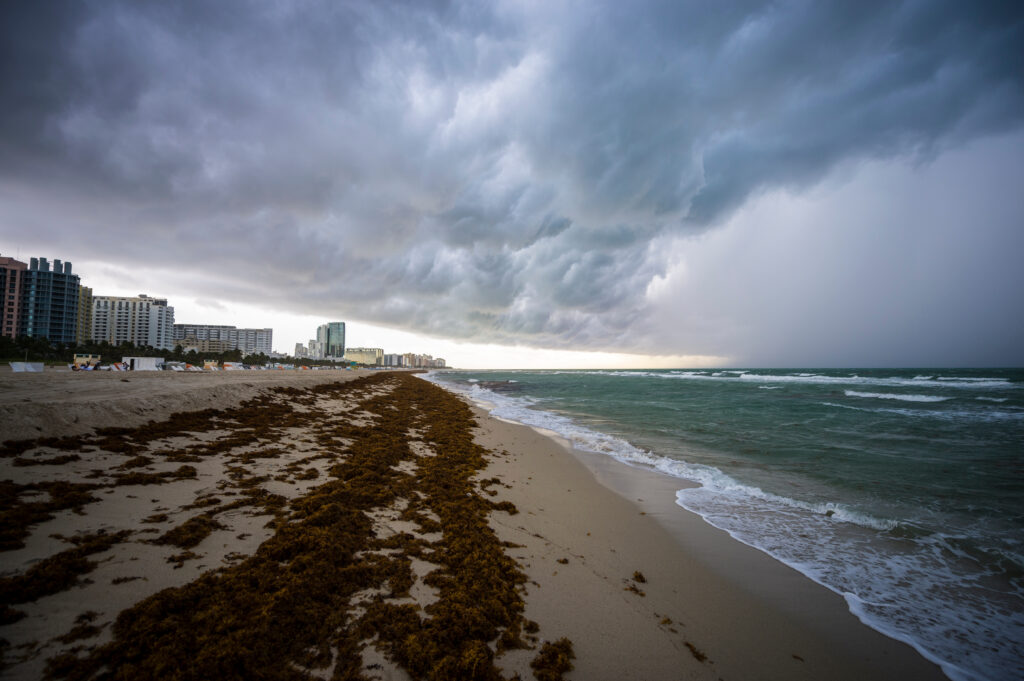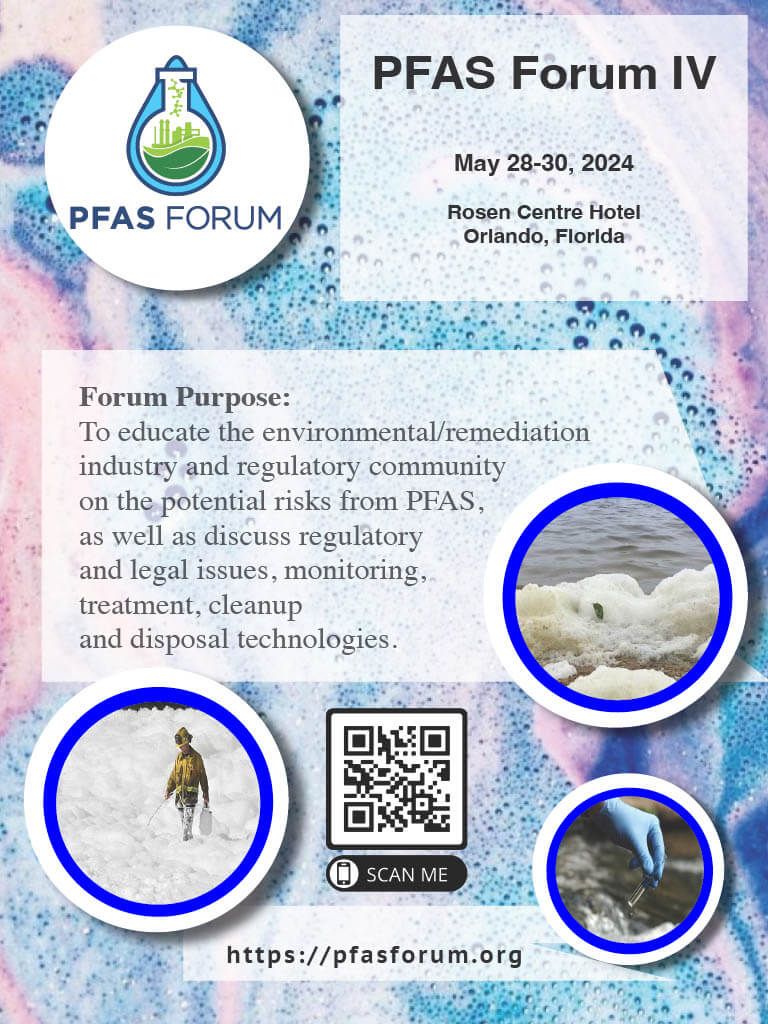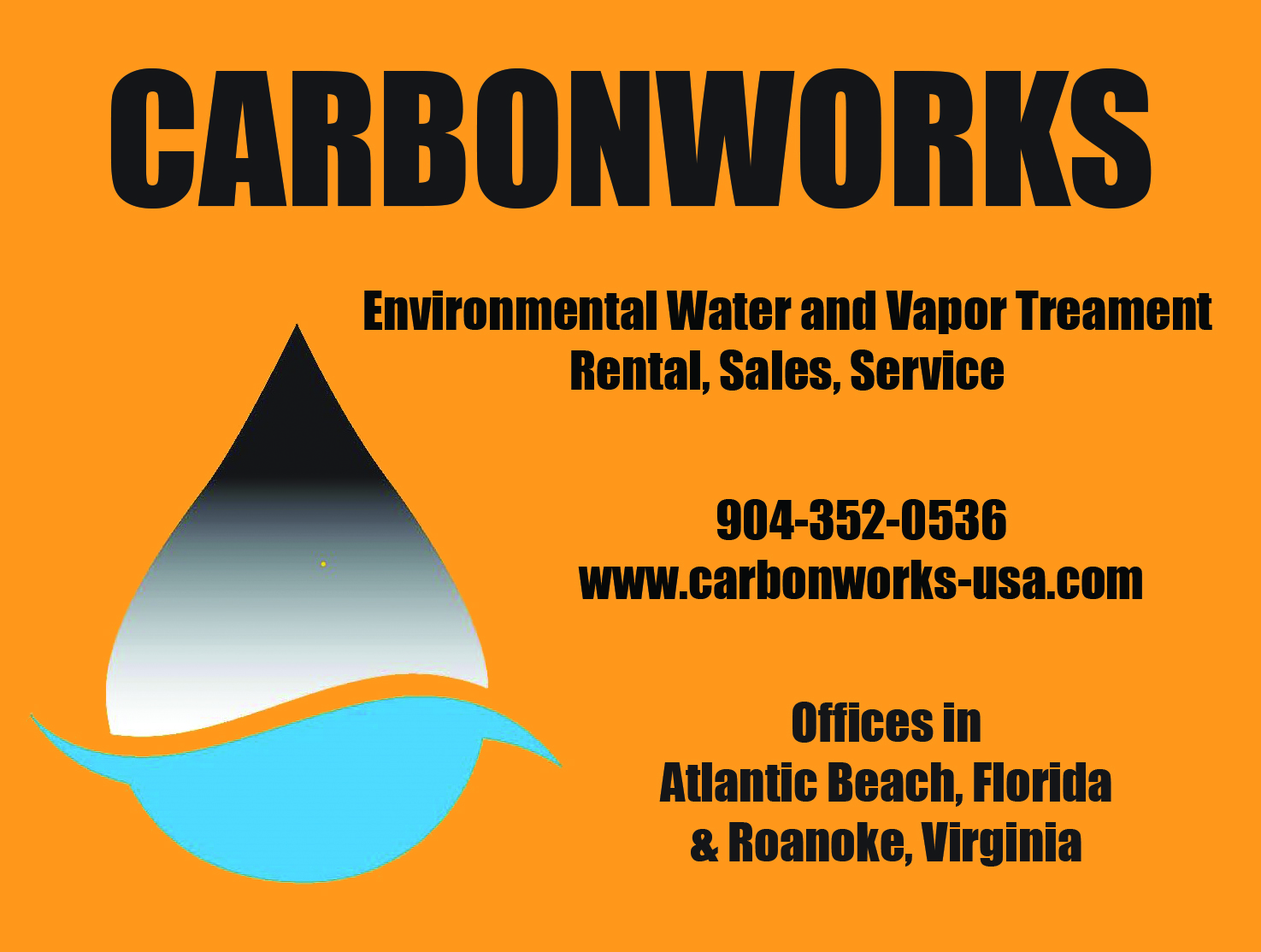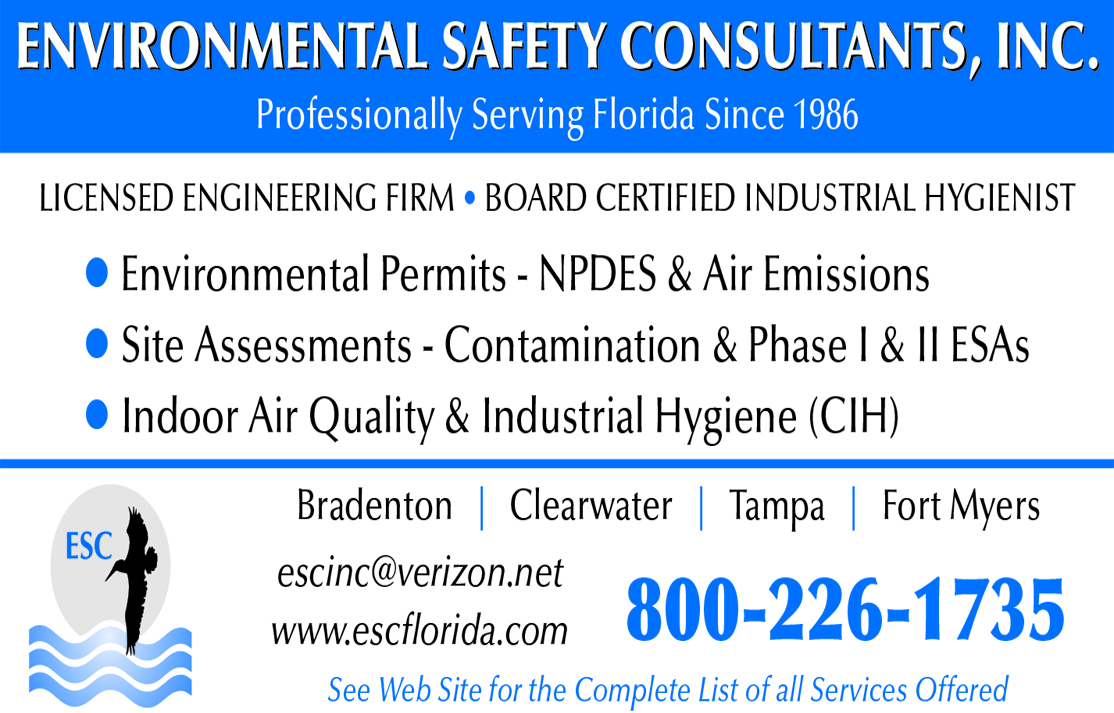By RALPH A DEMEO AND STEPHEN L. SPECTOR
The 2024 Presidential election has once again shifted the balance of power in Washington. It Is likely there will be a sea change in environmental policy during President-elect Donald Trump’s second administration, just as there was during his first administration, when he undid most of the Obama administration’s environmental policies.


This time, the Trump administration’s environmental policies are expected to be even more far-reaching. The last three presidential administrations illustrate how environmental policies can dramatically change depending on who occupies the oval office.
During the first Trump administration, more than 100 EPA regulations were either reversed, revoked or revised, most of which were enacted during the Obama administration. A majority of the Obama regulations were aimed at reducing carbon emissions and shifting from reliance on fossil fuels to renewable energy. Grants were awarded to shift towards solar energy, electric vehicles, and other “renewables.”
Other affected regulations included reduced enforcement of the Clean Water Act, Clean Air Act, and the Endangered Species Act, just to name a few. Upon his election, President Biden quickly moved to reverse Trump deregulation and reinstated Obama’s environmental policies. President-Elect Trump has said he will undo Biden’s environmental policies, which he deems counter to business, industry, and the economy.
In particular, it is expected that he will act aggressively to reduce EPA’s authority, increase domestic fossil fuel production, and largely dismantle Biden’s climate agenda. It remains to be seen what the implications of these changes will be for business, industry, the economy, and ultimately the environment.
Two policies in particular will be interesting for environmental advocates, consultants, lawyers, and policymakers to follow.
Climate Change
The Paris Accord is the ambitious international treaty on climate change. As stated by United Nations Climate Change: “The Paris Agreement is a legally binding international treaty on climate change. It was adopted by 196 Parties at the UN Climate Change Conference (COP21) in Paris, France, on 12 December 2015. It entered into force on 4 November 2016. Its overarching goal is to hold ‘the increase in the global average temperature to well below 2°C above pre-industrial levels’ and pursue efforts ‘to limit the temperature increase to 1.5°C above pre-industrial levels.’” See: https://unfccc.int/process-and-meetings/the-paris-agreement
Recognizing that accelerated action is required to limit global warming to 1.5°C, the Paris Accord requests parties to revisit and strengthen the 2030 targets in their nationally determined contributions to align with the Paris Agreement temperature goal by the end of 2023, taking into account different national circumstances. In 2016, the US, the EU, and nearly 200 countries adopted the treaty, which many believe furthered the goal of substantially reducing global greenhouse gas emissions.
However, President Trump withdrew from the treaty officially on Nov. 4, 2020. Demonstrating the back-and-forth nature of these issues, on President Biden’s first day in office, he officially brought the country back into the treaty. In turn, President-Elect Trump has vowed to once again withdraw from the treaty as one of his first acts when he takes office in January.
His top priority is to unleash the oil and gas industry from what he considers onerous regulations that stifle U.S. production of fossil fuels and adversely impact the economy. The impact, if any, this decision will have on the climate and on the most affected industry and business groups, particularly “stack” industries such as electric generation, chemical manufacturing, and oil and gas production, refining, distribution, and use, remains to be seen.
Environmental Contaminants and Water Quality
The Biden administration made water quality one of its top priorities, in particular the addressing the rapidly growing problems with PFAS contamination in drinking water, a substance known to cause cancer and other serious illness. In fact, the only chemical identified in candidate Biden‘s platform to receive increased regulatory attention was PFAS.
Upon taking office, President Biden instructed the EPA to fast track PFAS rulemaking. In 2024 EPA issued a final rule listing PFOS and PFOA (constituents of PFAS) as “hazardous substances” under CERCLA and establishing health-based standards for drinking water. In Florida, the federal standards are expected to be adopted for drinking water and groundwater sometime in 2025. Trump sources indicate that there is a “good chance” that the new administration will direct the EPA to roll back is designation of PFOS and PFOA as hazardous substances and possibly revoke the standards. This in turn could result in a similar change in Florida regulations.
In addition, earlier this month the Biden administration announced a ban of the known human carcinogens TCE and PCE. These chemicals have been widely used for decades as solvents in the manufacturing, dry-cleaning, and other industries, and the economic impact of this ban could be devastating. Legal and public challenges remain.
In view of the recent departure from “Chevron deference,” previously but no longer given to agencies in federal and state courts, the EPA and the states will have a heavy burden to defend PFOS, PFOA, TCE, PCE, and other regulatory decisions against legal challenges. It stands to reason that the new Trump administration likely will take action to reverse some or all of these and other bans, which are deemed too costly and overly restrictive from a public health and environmental point of view.
While spending cuts require congressional approval, and reversing an EPA regulation requires a process that can sometimes take years to complete, the President possesses broad authority over the federal agencies to shape policy through the creation, revision, and rollback of agency regulations, as well as to manage agency operations.
As the Chinese proverb says, “may you live in interesting times.” We certainly do live in interesting times in the world of environmental law and regulation.
Ralph A. DeMeo is a Shareholder and Stephen L. Spector is a Senior Associate for Guilday Law Firm in Tallahassee
























